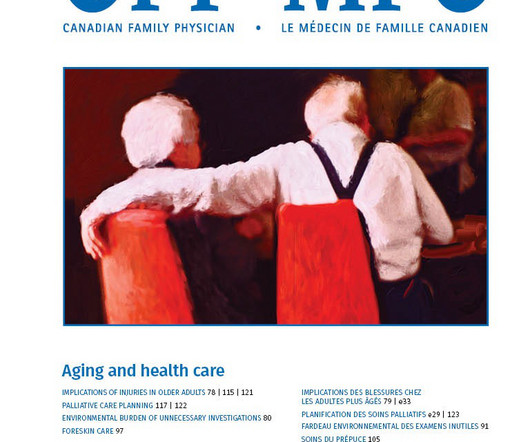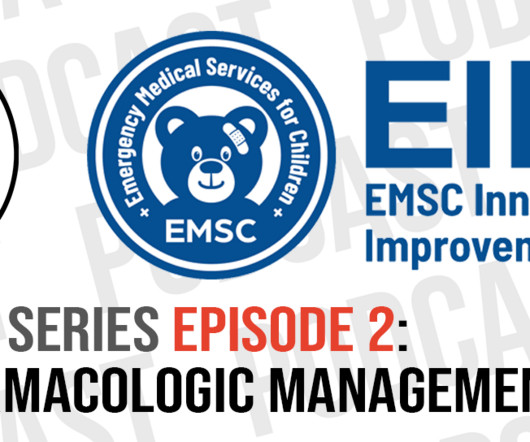Episode 384: Antiracism in Medicine – Episode 26 – Racial and Gender Health Disparities in Youth Suicide: Part 1
The Clinical Problem Solvers
MARCH 14, 2025
She is the Psychiatrist-in-Chief and Chair of the Department of Child and Adolescent Psychiatry and Behavioral Sciences at the Children’s Hospital of Philadelphia (CHOP). They are often the first interface for patients experiencing mental health crises, not academic medical centers.












Let's personalize your content